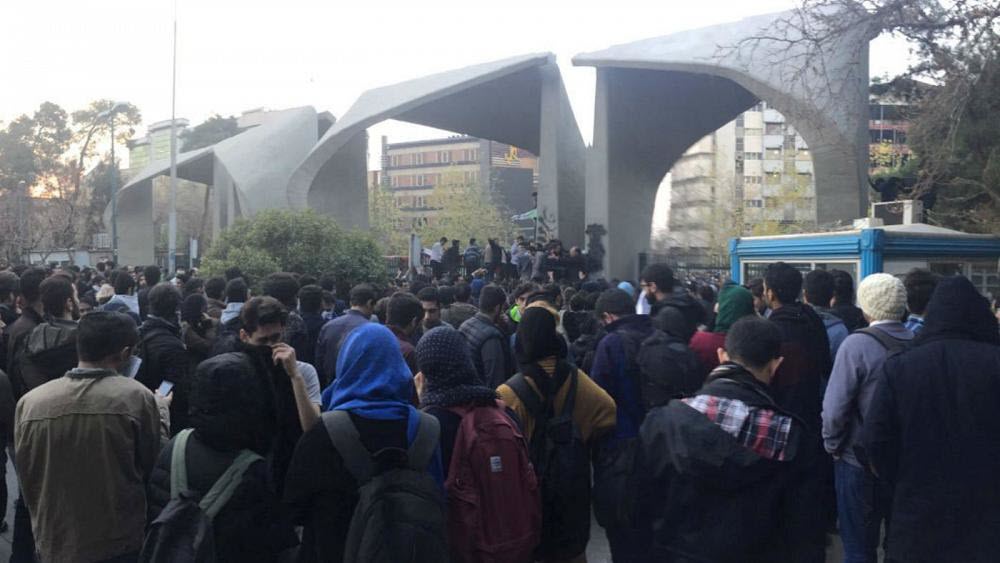
by Staff writer, SF
Human Rights Watch has decried IRan for its treatment of a religious minority that has been peacefully protesting for the release of its imprisoned members and defending the house of their leader.
The human rights organisation reports that over 300 members of the Dervish Muslim community were arrested in late February after the Iranian authorities violently tried to break up a peaceful protest, which had been organised after a crackdown on the religious order.
Dozens were also injured, while three police officers and one Basij member died when the Dervishes fought back.
These protesters are still being held without charge and some of them, including Mohammad Raji, have died under suspicious circumstances in prison, as up to 13 protesters have since the beginning of 2018.
Those who are being held responsible for the deaths are undergoing an expedited prosecution, according to Tehran police chief Hossein Rahimi who said that those arrested for killing the security agents will be executed before the Iranian New Year on March 21, which raises concerns about due process and a fair trial. Some of those people have also been filmed confession from a hospital bed, which raises concerns about torture.
HRW is demanding that the Iranian authorities charge them with a recognisable crime or release them immediately, as well as allowing an independent investigation into potential excessive force. They also oppose the death penalty, calling it “inhumane”.
HRW also lays out that Iran is violating both the Universal Declaration of Human Rights and the International Covenant on Civil and Political Rights (ICCPR), by persecuting religious groups, disregarding the rights to a fair trial, and preventing the people of Iran from peacefully protesting. This has been happening a lot over the past few months during the nationwide anti-regime protest, that has led to at least 8,000 arrests.
Sarah Leah Whitson, Middle East director at Human Rights Watch, said: “Iranian judicial and security authorities are on a tear, violently repressing protests by groups ranging from people concerned about economic conditions to women tired of compulsory dress laws and now a religious minority group. Crushing dissent instead of encouraging dialogue is a hallmark of oppression.”
She continued: “It is clear that Iranian authorities are using the February incident to crack down against another religious minority community. From claiming that they recognize the right to protest in January to repressing every single group that has protested since then, Iranian authorities are making a mockery of fundamental rights.”
It is clear that Iran will not stop its suppression of protesters, and if they will not stop, then the international community must continue to pressure Iran through sanctions and support of the protesters.







